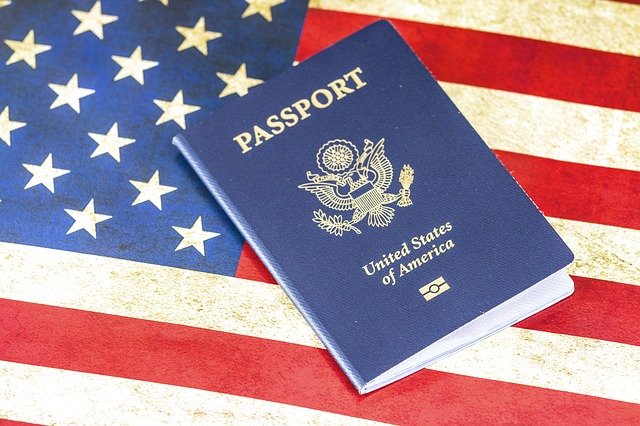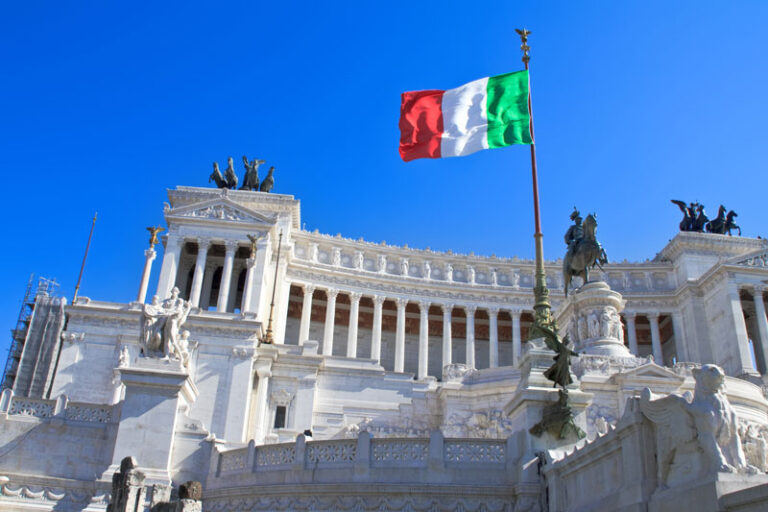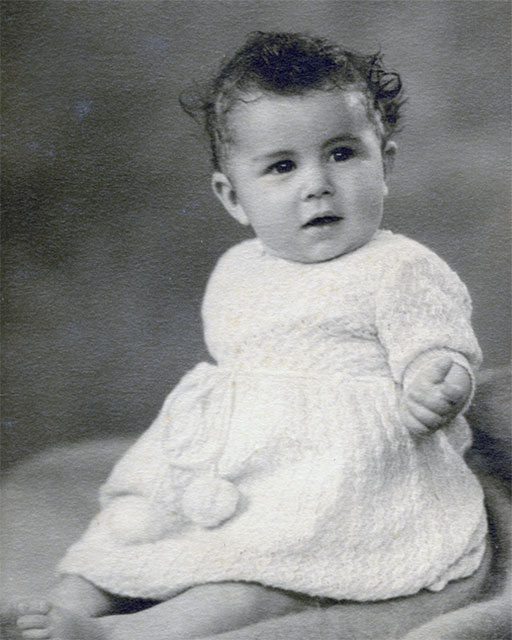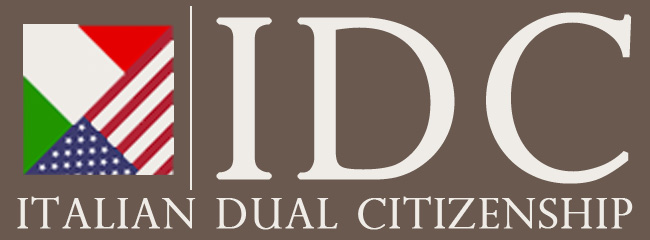
A practical guide to understanding the naturalization process and what’s required to apply
A law introduced in 1992 made some key changes to certain citizenship requirements. Namely, after the law’s passage, Italian citizens who became naturalized citizens of a nation outside of the Italian Republic would no longer be required to relinquish their Italian citizenship, and the children of these citizens would be eligible for Italian citizenship as well.
Before this law was implemented, voluntarily acquiring foreign citizenship resulted in the forfeiture of Italian citizenship at the same time.
There are a number of descents of Italian citizens who are eligible to apply for and be granted Italian citizenship due to their ancestry. When submitting your citizenship application, you must be able to clearly document your lineage as proof of eligibility to Italian authorities. The method by which your ancestor(s) naturalized and obtained citizenship will be an important factor in reviewing your application.
But what is really meant by “naturalization” and what does it entail? Why does an ancestor’s naturalization process in a foreign country impact Italian citizenship eligibility?
In this article, we’ll answer these questions and review some common naturalization circumstances that you should be mindful of when applying for Italian citizenship by virtue of your bloodline.
HOW DOES THE NATURALIZATION PROCESS WORK?
In the United States, naturalization is a multi-step process that often takes a few years to finalize. After an individual has resided in the U.S. for a certain amount of time, they can then file what’s known as a Declaration of Intention, which marks the official start of the citizenship process.
After a waiting period, the applicant would then file a Petition for Naturalization with the proper authorities. Once the petition has been reviewed and granted, a Certificate of Citizenship will be issued, making the individual an official citizen of the United States. The process is not always seamless. A Petition for Naturalization can be rejected if all requirements are not properly met.
It should be noted that a Certificate of Naturalization is very different from a Certificate of Citizenship.
Once issued, a Certificate of Naturalization acknowledges that the naturalized individual is now an American citizen, but it also requires that the individual renounce their foreign citizenship in favor of American citizenship. A Certificate of Citizenship, on the other hand, simply grants American citizenship to the recipient; it does not specify if the citizenship was granted by birth or by naturalization, and it can be issued to individuals who received U.S. citizenship by virtue of lineage or marriage.
When held side-by-side, these two certificates appear quite similar, but there’s an easy way to tell them apart.
- Certificate of Naturalization: There’s a 7-digit number printed on the top of the certificate.
- Certificate of Citizenship: The certificate number starts with “A” or “AA.”
If the Certificate of Citizenship number starts with “AA,” that means it was issued to an individual who was born in a foreign country (outside of the United States). For example, it could be issued to a child of an American citizen who was born abroad in order to document that he or she received American citizenship at birth.
If the Certificate of Citizenship starts with “A,” that documents that the recipient acquired U.S. citizenship following birth (e.g., naturalization through marriage).
HOW DO I KNOW IF I AM ELIGIBLE?
If you’re looking to apply for Italian citizenship by descent, you’ll need to understand how the ascendant through whom you are claiming lineage acquired their citizenship.
If your Italian ancestor naturalized following the birth of their child who was born outside of the Italian Republic (the child being the individual through whom you are making a citizenship claim), then you are eligible to apply for Italian citizenship by descent.
However, if your Italian ancestor naturalized prior to the birth of their child through whom you are making a citizenship claim, then you are not eligible to apply for Italian citizenship by descent. This rule also applies to Italians who naturalized in a foreign nation before moving to the U.S.
WHAT EVIDENCE OF MY ANCESTOR’S NATURALIZATION IS REQUIRED?
If you’ve determined that you are indeed eligible to apply for Italian citizenship by descent, the following documents regarding your ancestor’s citizenship record will need to be provided to the Italian Consulate:
- Declaration of Intentions
- Petition for Naturalization
- Certificate of Naturalization
In the United States, these records can be obtained from either the National Archives and Records Administration (NARA) or the United States Citizenship and Immigration Services (USCIS). Outside of the United States, records can be obtained from the appropriate government archives offices.
If your Italian ancestor did not naturalize at any point, evidence of this will need to be provided to the Italian Consulate upon submission of your application. Typically, you will need to provide a Certificate of Non-Existence of Records, which declares that no ancestral record of naturalization was found. In the U.S., you can obtain this certificate from either the NARA or the USCIS.
Additional supporting documentation may also be required by the Italian Consulate as evidence that your Italian ancestor never became a naturalized citizen. For example, a verified copy of a census report that lists your ancestor’s citizenship status may be requested. Census reports feature a coding system that is used to designate an individual’s citizenship status at the time of the report.
- “na”: naturalized citizen
- “al”: alien/foreigner
- “pa”: an acronym for “first papers,” meaning that a declaration of intention has been filed but the individual is not yet naturalized
In the United States, you can obtain verified copies of census reports from the National Archives and Records Administration (NARA).
COMMON NATURALIZATION CIRCUMSTANCES
Here are a few common circumstances that pertain to an application for Italian citizenship when your ancestor naturalized.
Circumstance #1
If your ancestor naturalized as a U.S citizen prior to the birth of his or her child in the Italian Republic, that child would have automatically received American citizenship because the parent (your ancestor) renounced his or her Italian citizenship.
Circumstance #2
A child receives Italian citizenship by birth only if they are born to an Italian parent who held Italian citizenship at the time regardless of where the child was born.
If a child received citizenship at the same time that his or her parents naturalized as citizens, he or she would be issued a Certificate of Citizenship with a number that starts with “A,” and, importantly, that child’s descendants do not have a right to Italian citizenship by descent.
Prior to the implementation of the Cable Act of 1922 in the United States, an Italian woman who married an Italian man who became a naturalized U.S. citizen would have been automatically granted U.S. citizenship. If you are looking to claim Italian citizenship through such a female ancestor, you may qualify for Italian citizenship by descent via a lawsuit in Italian court.
Some outdated citizenship laws that were in place back in the day are now considered to be both unlawful and discriminatory, so you may have a good case.
Circumstance #3
Are you looking to claim Italian citizenship through an Italian-born mother or father? Keep in mind that if your parent naturalized in the years after 1992 but before your birth, they would not have been required to renounce their Italian citizenship, so any children born after a naturalization would be automatically eligible.
This page was last updated by Jason LoPresti





